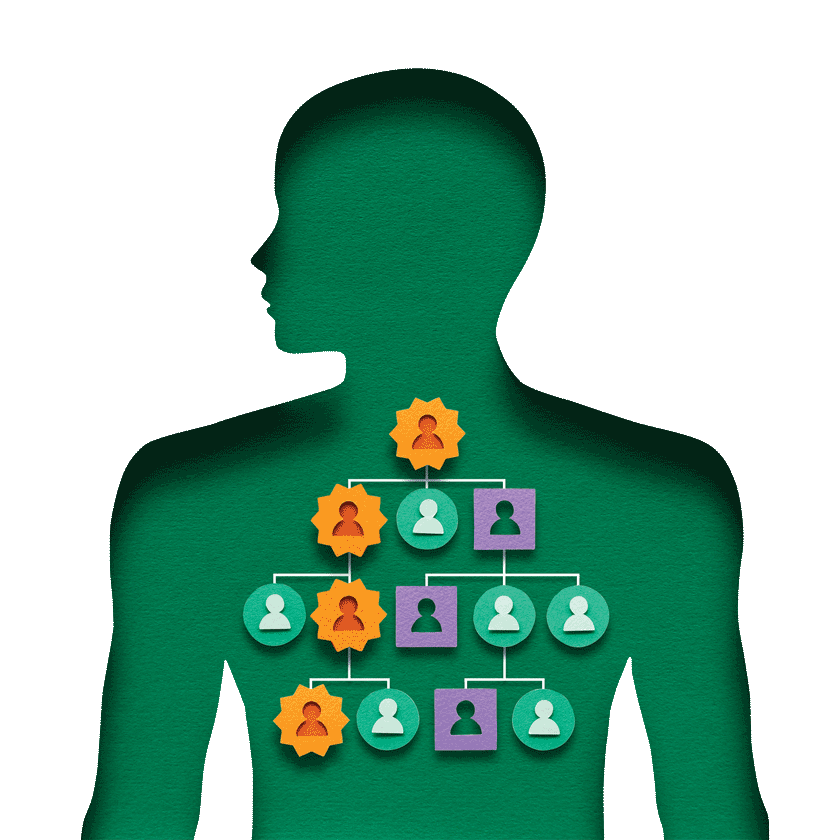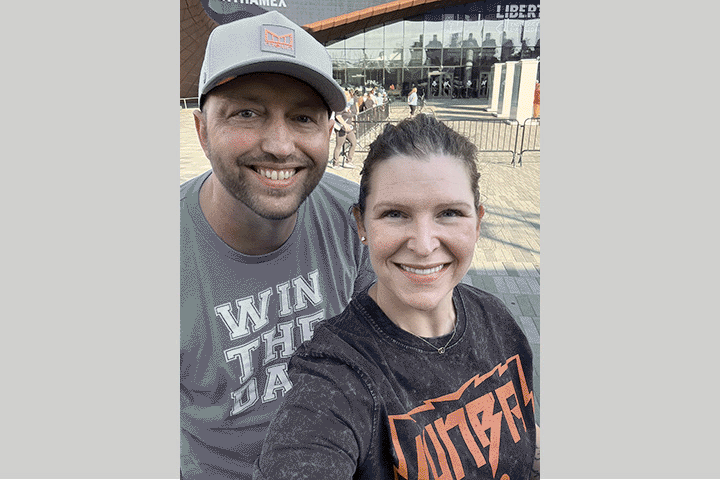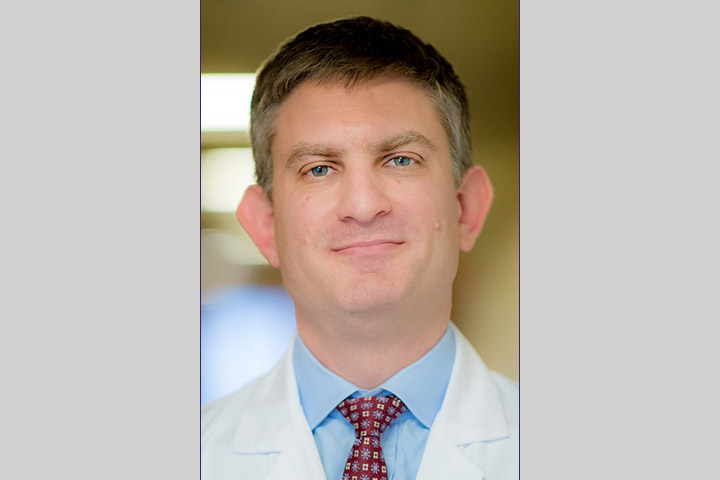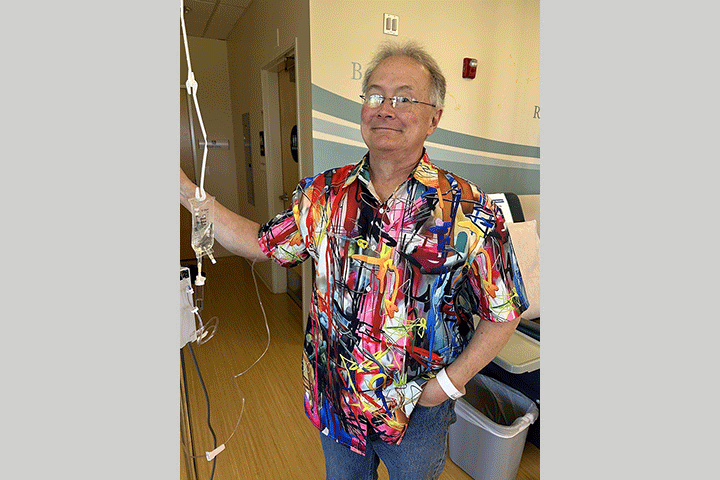My Journey with Pancreatic Cancer
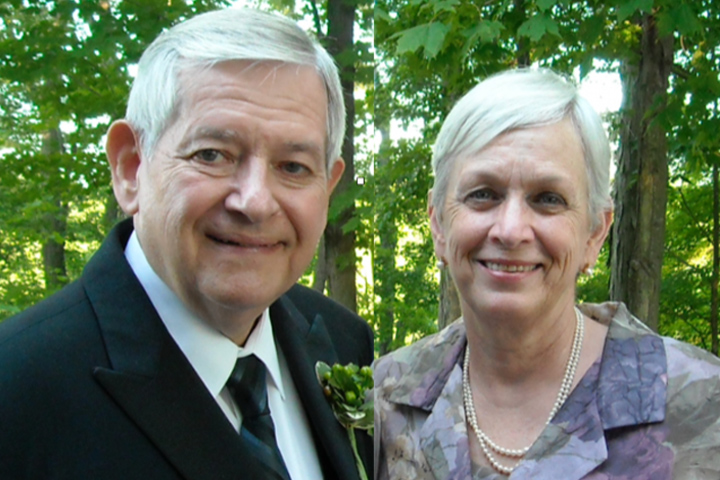
- Medical article highlights family history risk
- Scan finds lesion on my pancreas
- Regular follow-up notes change
- Whipple procedure catches cancer early
I began my journey with pancreatic cancer with a medical journal article discovered by my wife, who is an RN.
The article presented a small study of 40 participants who had no symptoms but who had a strong family history of pancreatic cancer. Each participant was given an MRI of the abdomen. Sixteen of those 40 were found to have a pancreatic lesion. Five of those patients underwent surgery, which revealed pancreatic carcinoma in three of them, and intraductal papillary mucinous neoplasia in the other two, a precancerous condition.
Taking Action Based on Family History
Since both of my parents had pancreatic cancer, I arranged to have an MRI even though I, like the patients in the above study, had no symptoms. My MRI revealed a lesion. I had a number of additional studies done locally at the VA hospital near my home in Florida. Since we would be driving through Texas in August 2015, we arranged an appointment to see Dr. Matthew Katz at MD Anderson Cancer Center in Houston, Texas. After his evaluation, he felt that my pancreatic lesion (intraductal papillary mucinous neoplasm) needed only periodic follow-up. So for the next two years we followed up locally with periodic MRI or CT scans, blood tests looking for tumor markers, and endoscopic procedures with fine needle aspiration of cells in pancreatic ducts.
Then in the fall of 2017, my pancreas images showed significant change that was very concerning. But even then, I had no symptoms of active disease. We repeated the studies in three months and made the decision then to move forward with a Whipple procedure with Dr. Katz. A subtotal pancreatectomy was part of the procedure.
What was found was a strikingly diseased pancreas (dysplasia) and one area of carcinoma in situ, an early cancer that had not yet spread. No nodes were involved and there was no evidence of cancer cells having escaped. I was cancer-free and no additional treatment was needed!
Thankful for that Medical Article
Having watched my father die of advanced pancreatic cancer, I was so appreciative of the wisdom and surgical skill of Dr. Katz. I continue to follow up with him every six to 12 months.
And had my wife not seen that medical journal article about screening patients with a family history of pancreatic cancer, my story would have had a much different ending. In fact, because of me, both of my brothers had their pancreases checked with CT scans, and they were normal.
Dr. Wagar passed away after a two-and-a-half year battle with leiomyosarcoma. By sharing his family history story he educated others. We offer our deepest condolences to his family.
